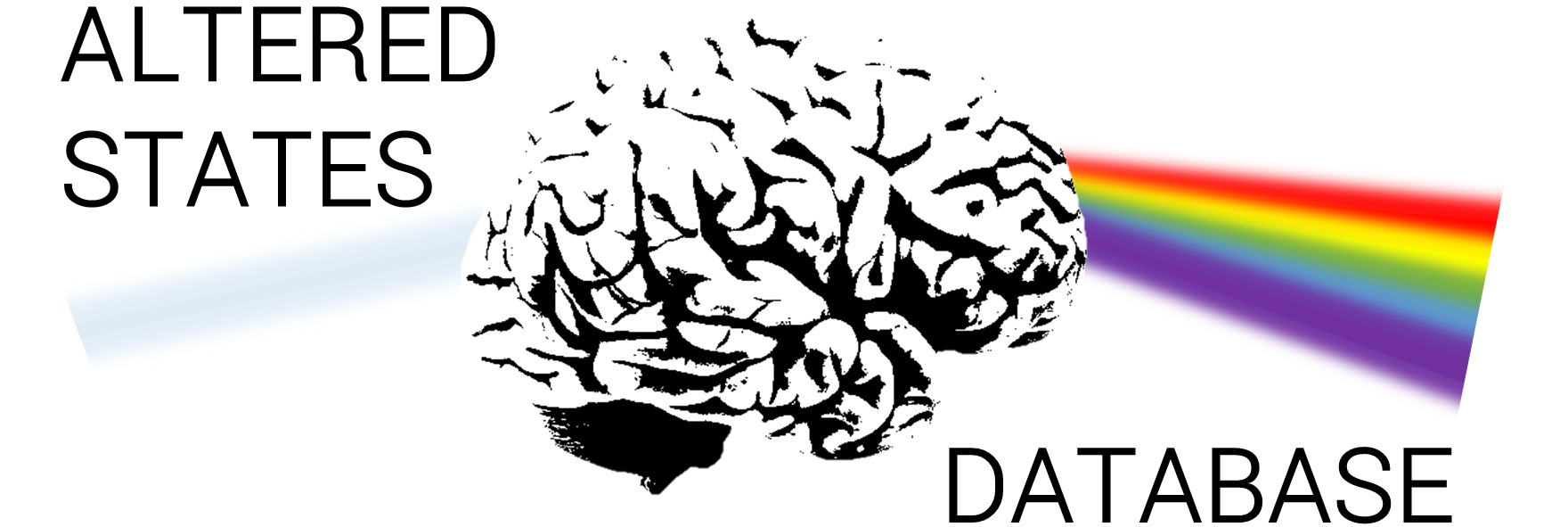Timo Torsten Schmidt(Institute of Cognitive Science,Germany), will give a tutorial on how ASC experiences are currently quantified in empirical research.
Visit the conference website: ASSC 21 conference – tutorials
More information on the tutorial:
TUTORIAL 4:“ The empirical study of altered states of consciousness: Common standards in the psychometric assessment of subjective experiences”
The experimental induction of altered states of consciousness (ASCs) constitutes a unique research opportunity to relate changes in phenomenological states to underlying neuronal mechanisms. A variety of pharmacological as well as non-pharmacological methods, such as breathing techniques or sensory deprivation, can induce ASCs in humans. Subjective reports suggest that ASCs, even when induced by different methods, share certain aspects of experiences. To clarify if shared subjective experiences also share neuronal mechanisms, an accurate psychometric assessment of subjects’ experiences is necessary.
Multiple questionnaires have been developed based on qualitative reports and philosophical conceptualizations to quantify the phenomenology of ASCs. Here, I present an overview on available psychometric tools, their theoretical background, and validation. I will discuss the questionnaires which cover a broad range of different experiences in contrast to those that were designed to assess induction method specific effects, e.g., the effects typical to hallucinogens. Addressing a broad range of ASC experiences is required for the identification of common phenomenological structures of differently-induced ASCs. Based on their phenomenological scope and on how much they have been used in previous studies, I present recommendations for questionnaires to assess ASC phenomena in future neuroscientific experiments. Common standards for this rapidly extending body of research will foster comparability across different phenomenological states (‘phenomenological patterns’) and different studies. The comparison across studies represents an empirical framework to test how alterations in subjective experiences can be mapped onto brain functions and related to current theories on global brain function.

 Follow
Follow